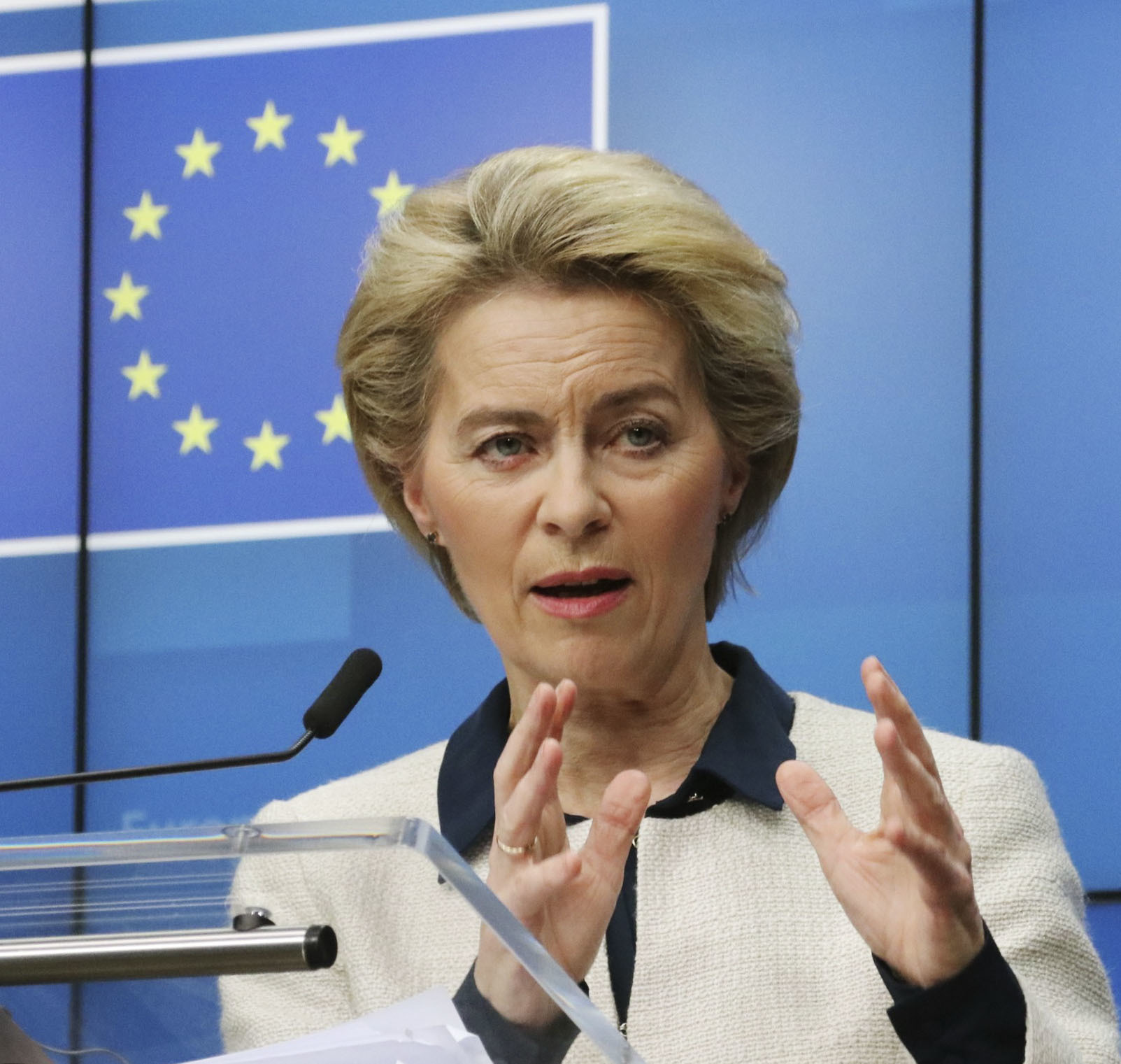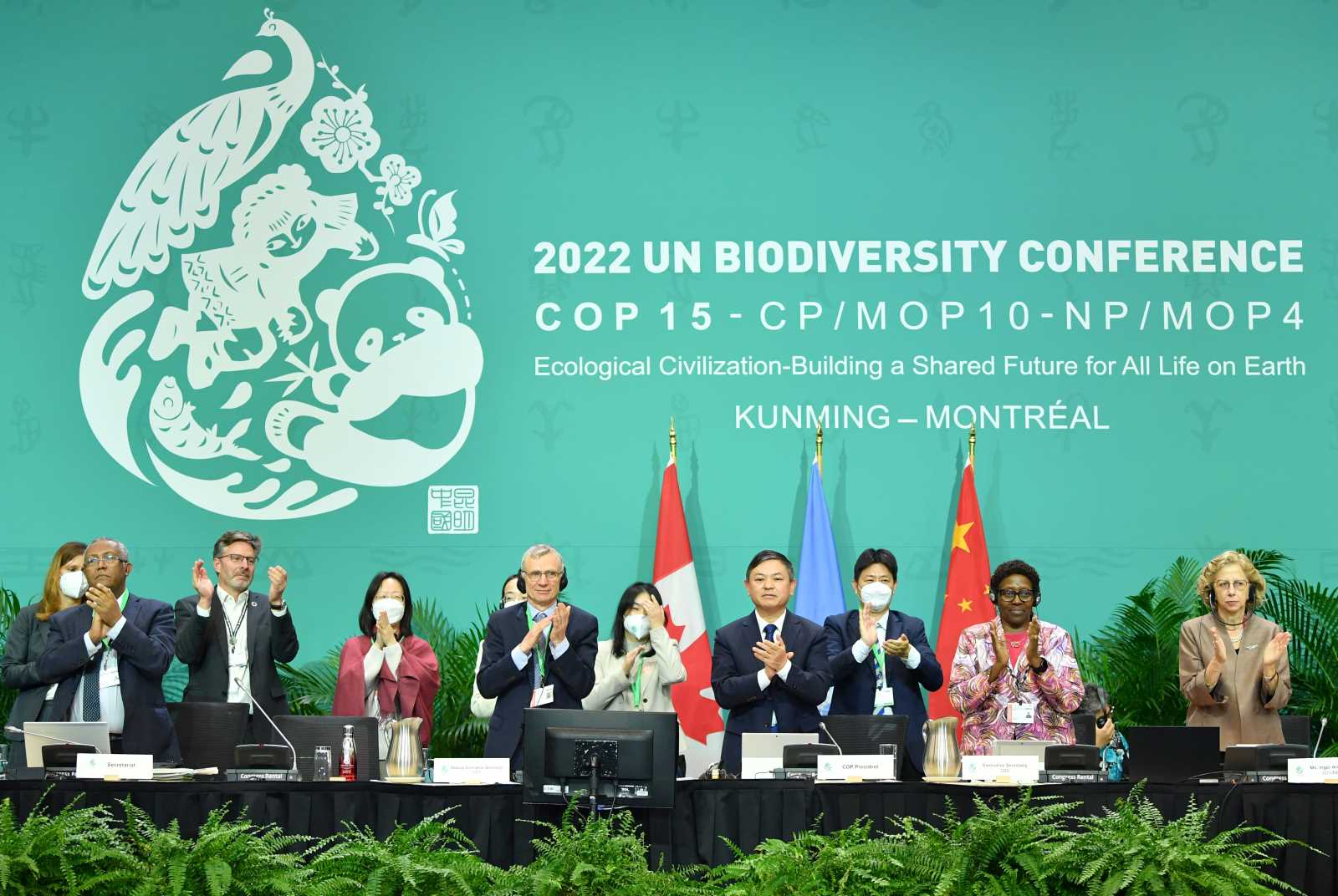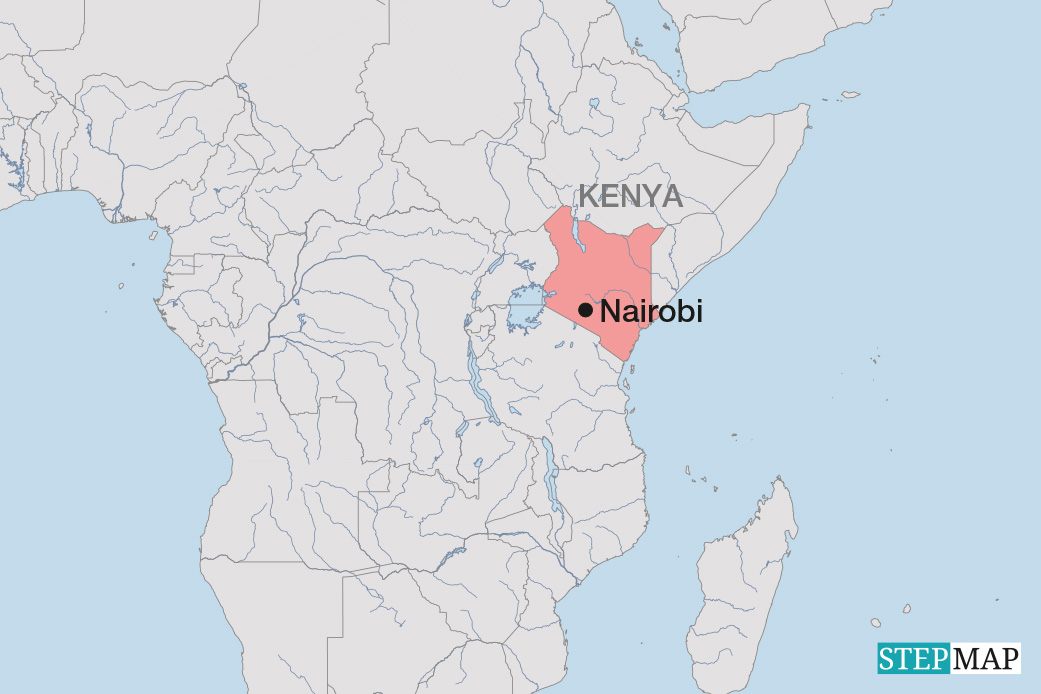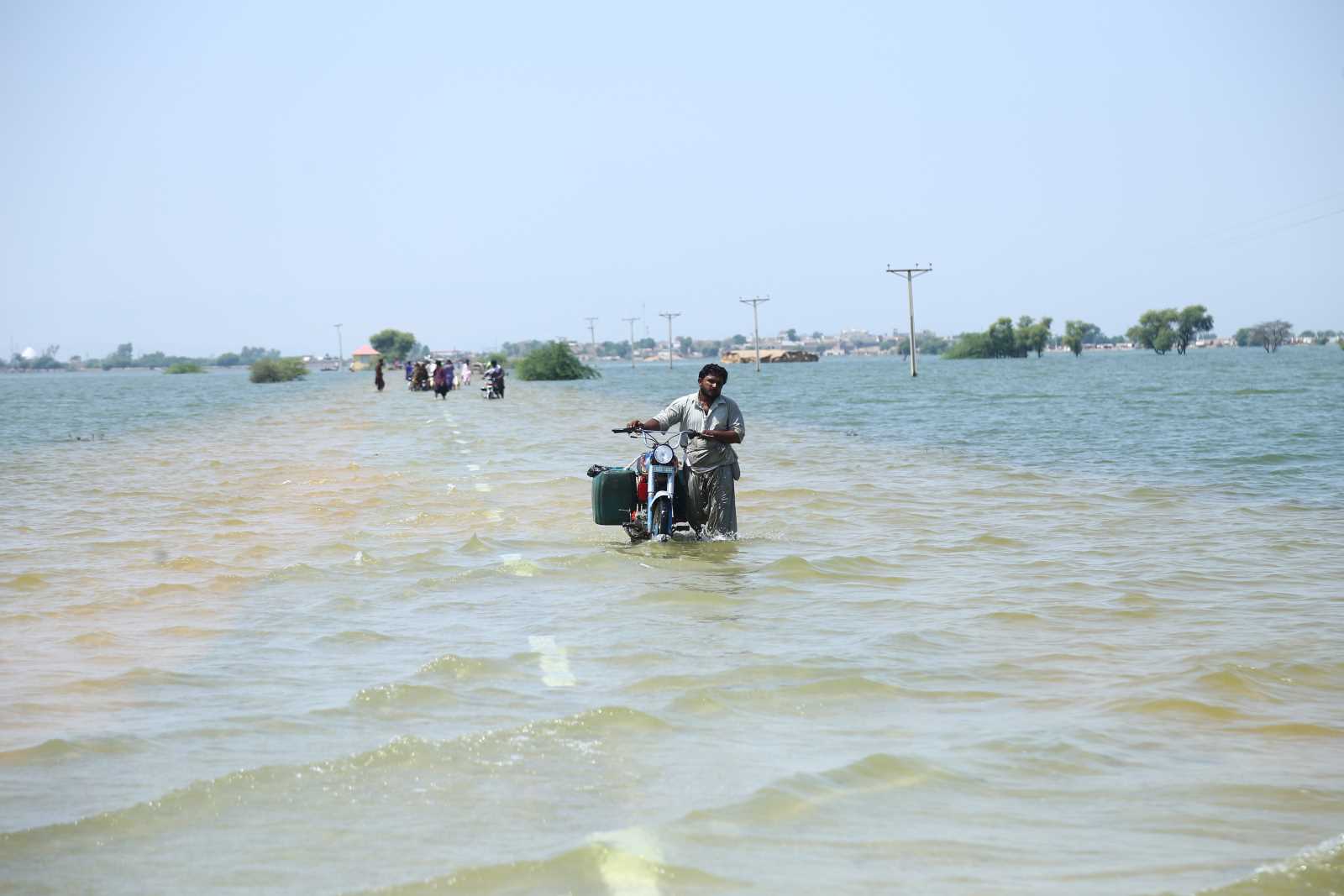Global environmental crisis
European governments have accepted duty to restore nature
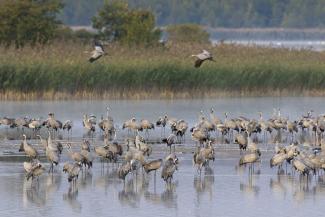
Leaders of the European People’s Party, the coalition of mainstream conservatives, pretended to be “pragmatic” in the sense of trying to shield farmers and consumers from economic harm. That is reckless nonsense.
Protecting biodiversity is a global necessity, and it requires the conservation and restauration of ecosystems. Business as usual is not an option. It is what has caused the current global environmental crisis, with its separate, but mutually reinforcing trends of global heating, biodiversity loss and desertification. The European Green Deal is the EU’s sensible response.
To mitigate the climate crisis, we must stop depleting nature
Natural ecosystems serve as carbon sinks. They also play a major role in the provision of fresh water. Diverse ecosystems are more resilient to both flooding and drought. They are also healthy in the very literal sense of being less likely to allow a disease to spread from one species to another, so they help to prevent future pandemics.
What has become “conventional” agriculture, by contrast, is environmentally unsustainable. It typically means intensive use of pesticides and chemical fertilisers, reducing rather than supporting biodiversity. It is also energy intensive. Industrial-scale meat and dairy production in particular are drivers of global heating. It also breeds antibiotic resistant pathogens and causes nitrate pollution. Europe’s farmers are not the stewards of nature their national unions claim them to be.
Nature restoration must be part of any meaningful European Green Deal. The ecosystems of high-income nations tend to be in a particularly bad shape. The same nations have historically emitted the most greenhouse gases. Per-capita, European countries’ environmental footprints are still quite large. The EU has a global duty to act – and its member governments have officially reaffirmed that duty by agreeing to a set of international biodiversity goals at the Kunming-Montréal summit in December.
Earth’s biodiversity is dwindling depressingly fast
The World Wildlife Fund estimates that the populations of wild animal species have declined by 69 % on average internationally in the past five decades. According to the International Union for the Conservation of Nature, more than 42,000 species are at risk of extinction.
Biodiversity has several dimensions. The number of species matters, but so does the variety of habitats as well as the genetic diversity within a species. Resilience depends on all dimensions. Protecting diversity means to pass on a liveable planet to future generations. Further depletion is a recipe for disaster. This is the scientific truth. It is neither an ideological matter nor a sentimental one. Action is urgent, and it will cause considerable costs – at domestic and international levels.
If European leaders fail to restore forests and wetlands at home, they cannot convincingly tell foreign partners to safeguard their respective ecosystems. The Nature Protection Law must take force as intended by the European Commission. The entire European Green Deal may feel inconvenient, but non-action will prove far more expensive, and even deadly in the long run.
Hans Dembowski is the editor in chief of D+C Development and Cooperation / E+Z Entwicklung und Zusammenarbeit.
euz.editor@dandc.eu

